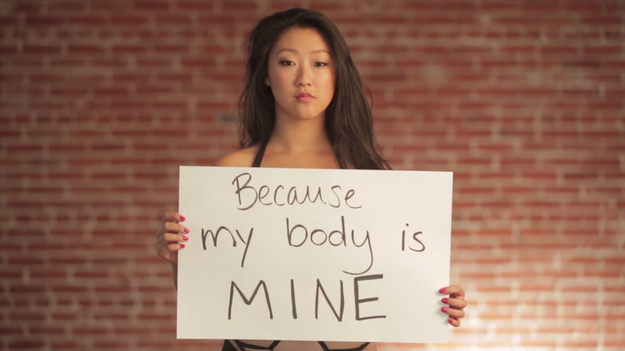“…one of man’s core passions.”
“These are [her] core desires….”
“… the unique role God has given men to feel…”
“Part of [her] make-up is a desire….”
These are the common ways that true “biblical” manhood and womanhood are often explained: by describing feelings.
In a recent conversation with a Christian brother, he was discussing with me a book on biblical manhood. At one point in the conversation, he pointed to me and said, “It is your desire that he [my husband] initiate, that he lead.” I looked skeptical and so he said it a few more times, always saying it that way: “It is your desire….”
Speaking a while later with my husband about the topic, he asked me, “Is it your desire that I initiate things?”
First of all, I appreciated that he actually asked me, instead of telling me how I ought to feel. Second, I didn’t know how to answer.
See, the beauty of a feelings argument – looking at your own desires or telling someone else what their desires are – is that you can never be wrong. If you tell someone what they feel and need and you are right, you have the strongest evidence you need that your whole argument is right. If you tell someone what they feel and need and you are wrong, then you simply tell them that they have lost touch with their “true needs,” “womanly/manly soul,” etc. You can never be wrong.
The problem with the feelings argument, and the reason I was having so much trouble answering my husband, was that I can’t know if my feelings are trustworthy or not. If I agree and say I do like when he initiates things, I don’t know if that is because: a) it’s my biblical design as a woman to follow his leadership; b) I’ve been culturally conditioned to accept male leadership as the norm in our modern patriarchal society; or c) at my core, I am a broken, lazy, sinful human who is always looking for a way to pass responsibility on to someone else.
Feelings are created by God, and they are purposeful and complicated. I appreciate feelings, and I’m learning more and more that feelings need to be recognized and respected if you are going to respect the whole person (even “sadness” and “anger,” a la Inside Out). However, using feelings as the main thrust of your worldview is highly problematic. I can’t always trust my feelings, because Satan likes to get in there and mix things up; he likes to plant seeds of doubt where they don’t belong. My “core needs” may be coming from my core sinful nature, or my nature that is created in the image of God. Telling the difference is straight-up impossible sometimes.
Here’s what I do know: people are messy, and people are complicated. I believe in an infinitely creative God who can imagine and form billions and billions of beautiful humans and never run out of ideas. Each of us is inherently valuable, and put on this earth to bring glory to God. Learn about the people around you, and you will learn about God. I promise. God is a three-in-one eternally relating being who wants to relate to us, wants us to relate to Him, and wants us to relate to each other.
That’s where I’m at: trying to stop worrying about if my feelings are right or womanly or wrong or human and trying to humbly get back to why I was put on this planet in the first place.
-debarbibee


